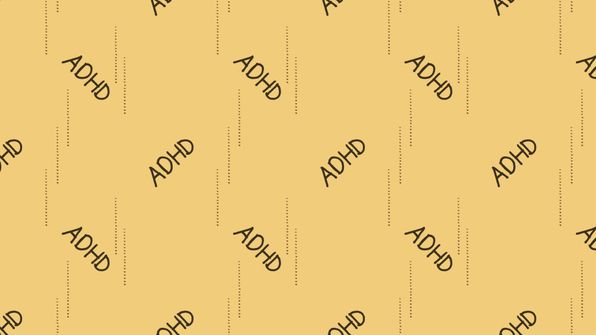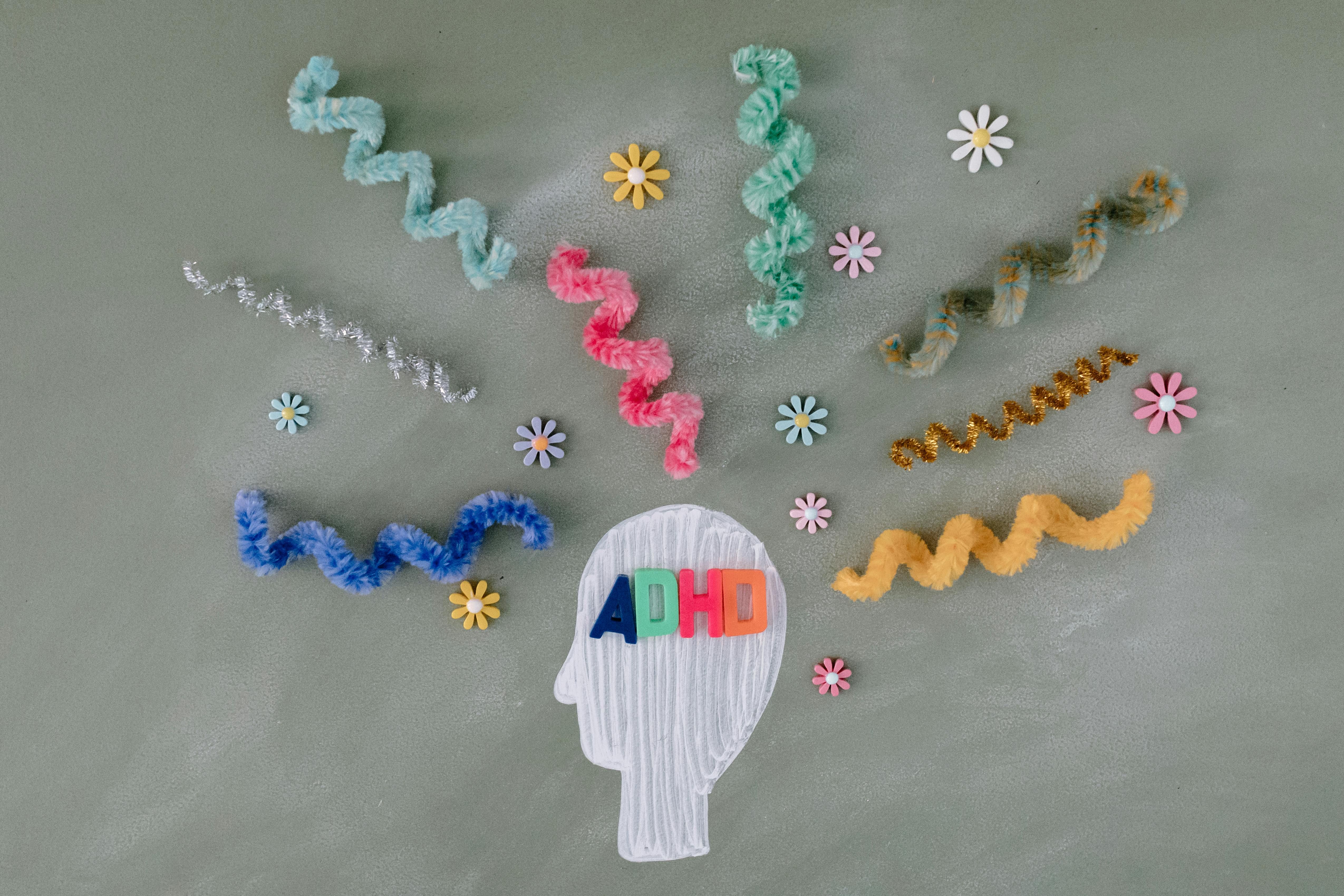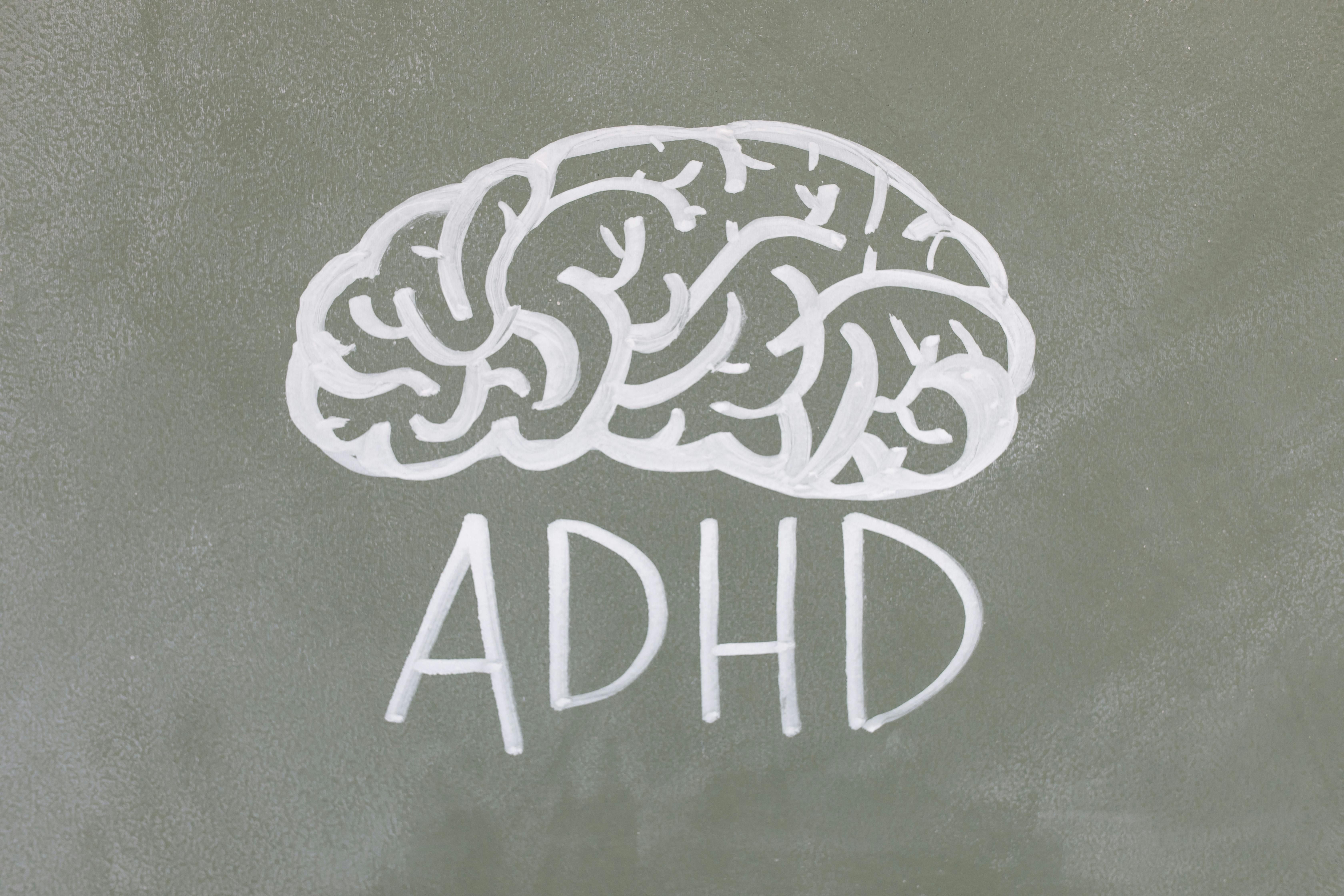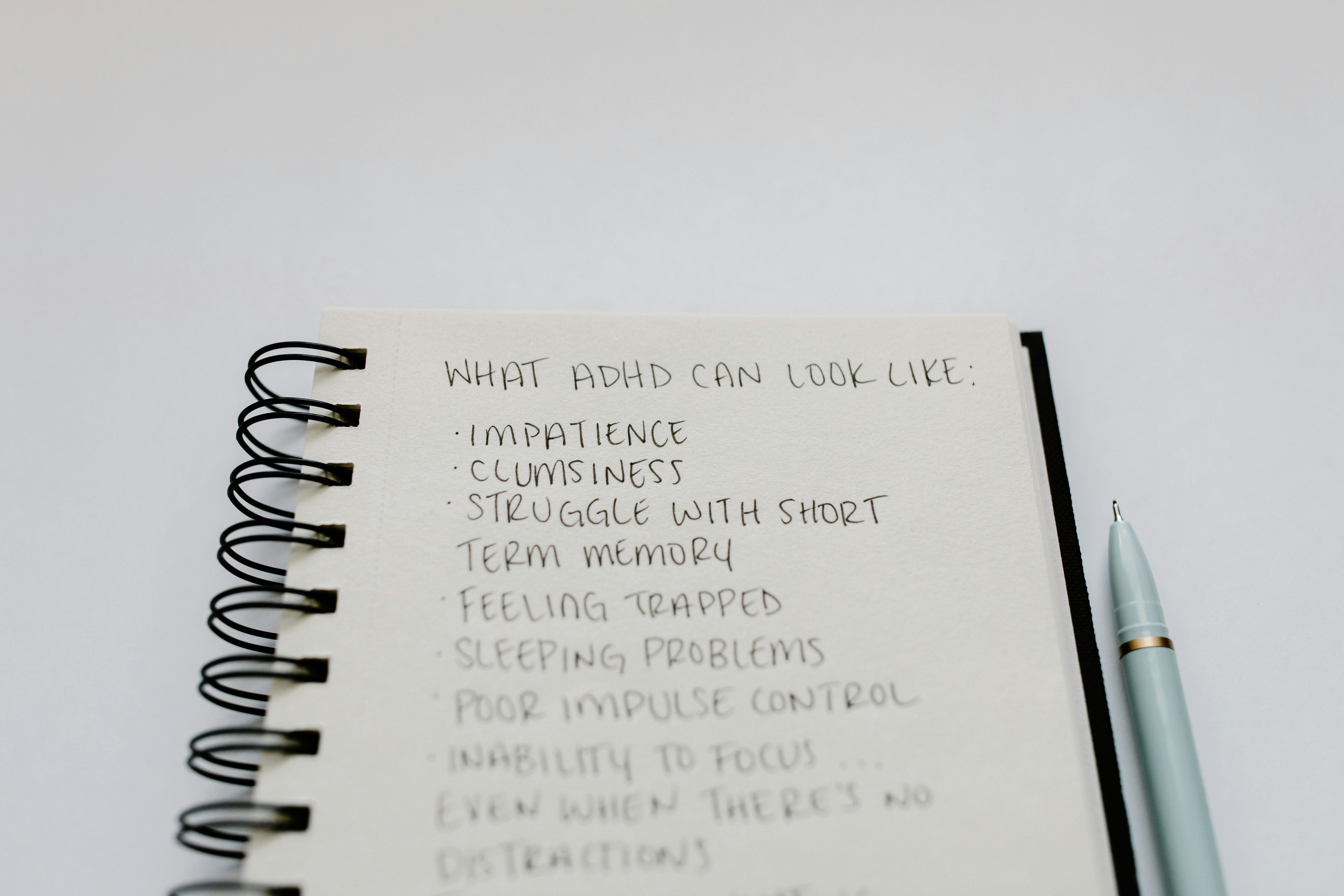
Ritalin and Fasting: Do They Mix Well for Women?
Today, let's explore an intriguing combination: Ritalin and intermittent fasting (IF). This duo might sound unusual, but there's more to it than meets...

If you’re here, you’re probably on the Intermittent Fasting (IF) train, trying to shed those extra pounds while juggling the chaos of life. And if you’ve got ADHD, you might be wondering, “Do my meds mess with my fasting mojo?”
Well, buckle up because we’re diving into this with a science-powered, humor-infused deep dive that’ll leave you informed and maybe even a little entertained.
Before we get into the nitty-gritty, let’s do a quick recap on Intermittent Fasting (IF). Essentially, IF is an eating pattern that cycles between periods of eating and fasting. Popular methods include the 16/8 method (fasting for 16 hours and eating within an 8-hour window) and the 5:2 method (eating normally for five days and drastically reducing calorie intake for two days).
Weight Loss: IF can help you consume fewer calories and boost your metabolism. A study published in the Journal of the Academy of Nutrition and Dietetics found that IF can lead to a weight loss of 3-8% over 3-24 weeks, which is a significant reduction compared to other methods.
Improved Metabolism: IF can enhance hormone function to facilitate weight loss. For instance, fasting can reduce insulin levels by 20-31%, helping with fat burning.
Health Benefits: Studies show potential benefits like reduced inflammation, improved heart health, and even extended lifespan. Research from the Pakistan Journal of Biological Sciences indicates that IF can improve markers of disease, including insulin resistance and inflammatory markers like FPG, HDL-C, fibrinogen, hs-CRP.
Now, onto the ADHD meds. The most common medications for Attention Deficit Hyperactivity Disorder (ADHD) are stimulants like Adderall and Ritalin. These medications work by increasing the levels of certain neurotransmitters in the brain, helping to improve focus, attention, and impulse control.
In the United States, around 7 million children (11.4%) aged 3-17 years have been diagnosed with ADHD, and many of them are prescribed stimulant medications. ADHD is a chrinic condition, and adults suffer from it as well.

Fasting typically means abstaining from any calorie consumption. The idea is to keep insulin levels low to promote fat burning. However, the question of whether ADHD meds break your fast isn’t straightforward.
Most ADHD medications come in pill form and contain negligible calories. For instance, Adderall has zero calories. However, the non-active ingredients (like gelatin capsules, hydroxypropyl methylcellulose, methacrylic acid copolymer, opadry beige, sugar spheres, talc, and triethyl citrate) used to bind the pill may contain minor calories, but not enough to break a fast in the strictest sense because they contain less than 50 calories, anyway.
The primary concern with ADHD meds during fasting is not the calorie content but the metabolic impact. Stimulant medications can increase heart rate and blood pressure, and they may affect glucose metabolism. However, current research does not conclusively indicate that these changes would break a fast or significantly impact weight loss efforts during IF.
ADHD medications are known for their appetite-suppressing effects. This can actually be a bonus for those practicing IF, making it easier to stick to fasting windows. But beware!
This suppression can sometimes lead to not eating enough during your eating window, potentially slowing down your metabolism over time.
If you find that your ADHD medications are significantly suppressing your appetite, leading to inadequate nutritional intake, it’s crucial to adopt strategies to ensure your body receives the essential nutrients it needs.
First, focus on nutrient-dense foods that provide maximum nutrition with minimal volume. For instance, smoothies are an excellent option; blend fruits, vegetables, protein powder, and healthy fats like avocado or nut butter to create a calorie-dense yet easily consumable meal.

Here are some concrete tips to help manage your intake:
Maintaining proper nutrition is vital for both your physical health and the effectiveness of your ADHD treatment. If you continue to struggle with low appetite, discuss with your doctor. They may consider adjusting your medication dosage or timing to better suit your eating schedule.
We reached out to some fabulous women juggling ADHD and IF to share their experiences:
Sarah, 34: “Taking Adderall has been a game-changer for my focus, but I worried it would mess with my fasting. Honestly, it’s been fine. If anything, it helps me get through my fasting window without thinking about food.”
Emily, 29: “On Concerta, I find I’m less hungry during my fasting periods, but I have to be careful to eat enough when I can. It’s a balancing act!”

ADHD medications like Adderall and Ritalin can influence blood sugar levels. To avoid hypoglycemia, consider using a continuous glucose monitor (CGM) or regularly check your blood sugar with a glucometer, especially if you feel dizzy or weak during fasting periods.
Stay hydrated with non-caloric beverages like water, black coffee, or herbal tea. These can help curb hunger without breaking your fast. Avoid any drinks with artificial sweeteners as they might spike insulin levels and impact the effectiveness of your fast.
If possible, schedule your medication intake around your eating windows. For example, if you’re following a 16/8 fasting schedule, take your meds at the beginning of your eating window. This can help mitigate any appetite-suppressing effects during your fasting period and ensure you’re eating enough when you can.
Protein can help stabilize your blood sugar levels and keep you feeling fuller longer. Aim to include high-quality protein sources like lean meats, fish, eggs, and legumes in your meals. This will support muscle maintenance and energy levels, especially important if your medication suppresses your appetite.
ADHD medications can sometimes lead to nutrient deficiencies. Ensure your diet includes a variety of fruits, vegetables, nuts, and seeds to get essential vitamins and minerals. Consider supplementing with a multivitamin if recommended by your doctor.
ADHD medications can cause side effects like insomnia, anxiety, and digestive issues. Be mindful of these and adjust your fasting and eating schedules accordingly. For instance, if you experience insomnia, avoid caffeine late in the day and ensure your eating window ends several hours before bedtime.
Regular consultations with your healthcare provider are crucial. They can monitor your progress, adjust medication dosages if necessary, and provide guidance on managing side effects while fasting.
In conclusion, while ADHD medications don’t technically break a fast in terms of calories, their metabolic effects are worth considering. Most importantly, individual experiences can vary, so it’s crucial to monitor how your body responds and adjust accordingly.
Remember, wellness is a journey, not a destination. Keep experimenting, stay informed, and most importantly, be kind to yourself. You’ve got this!
A: Yes, ADHD medications like Adderall and Ritalin typically contain negligible calories and are unlikely to break your fast in the strictest sense. However, their metabolic impact and appetite-suppressing effects might influence your fasting experience.
A: ADHD medications, particularly stimulants like Adderall and Ritalin, are known to suppress appetite. This can make it easier to stick to your fasting window, but it may also lead to insufficient calorie intake during your eating periods. It’s essential to focus on nutrient-dense foods when you do eat.
A: If your medication suppresses your appetite significantly, try consuming smaller, more frequent meals. Focus on nutrient-dense, high-calorie foods such as nuts, seeds, avocado, and protein shakes. Setting reminders to eat and consulting with a dietitian can also help.
A: Yes, consider supplements like Ensure or Boost nutritional drinks, which are packed with vitamins and calories. For energy drinks, options like Gatorade Recover Protein Shake or Orgain Organic Protein Plant-Based Protein Shake can provide both energy and essential nutrients.
A: ADHD medications can influence glucose metabolism, which may affect blood sugar levels. To avoid hypoglycemia, monitor your blood sugar regularly, especially if you feel dizzy or weak during fasting periods. Using a continuous glucose monitor (CGM) can be particularly helpful.
A: It might be beneficial to take your ADHD medication at the beginning of your eating window if possible. This can help mitigate appetite suppression during fasting periods and ensure you consume enough nutrients during your eating times. Always consult with your healthcare provider before making any changes to your medication schedule.

Today, let's explore an intriguing combination: Ritalin and intermittent fasting (IF). This duo might sound unusual, but there's more to it than meets...

Today, we're delving into an intriguing combination: Strattera and intermittent fasting (IF). This duo might sound unconventional, but there's more to...

Fasting and Adderall use have become hot topics, especially among women. Fasting, particularly intermittent fasting (IF), is often touted for its heal...

Intermittent fasting (IF) is a popular health strategy, known for its benefits like boosting metabolism, improving energy, and aiding in weight loss. ...

Weight management can be tough for anyone, but for women with neurodiverse conditions like ADHD, autism, and dyslexia, it can feel like navigating a m...